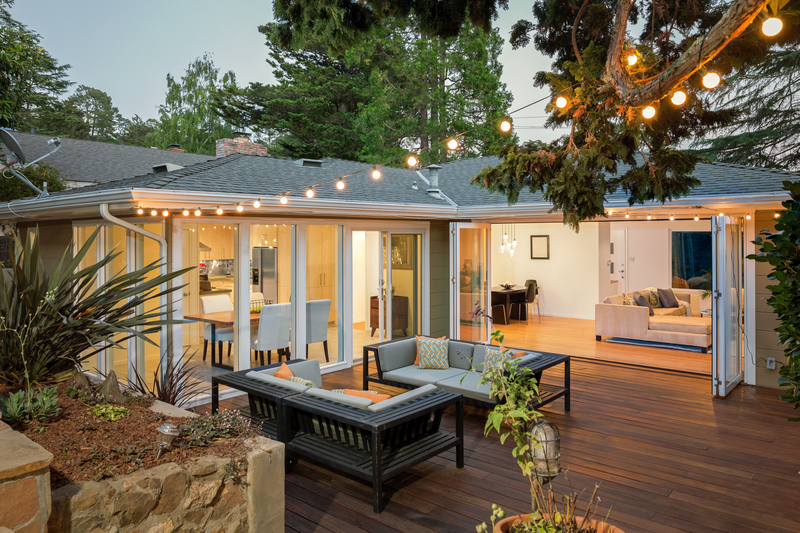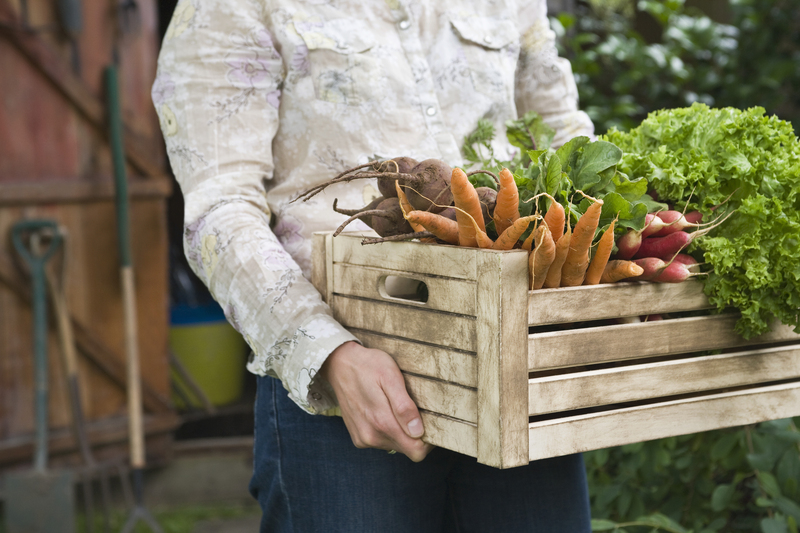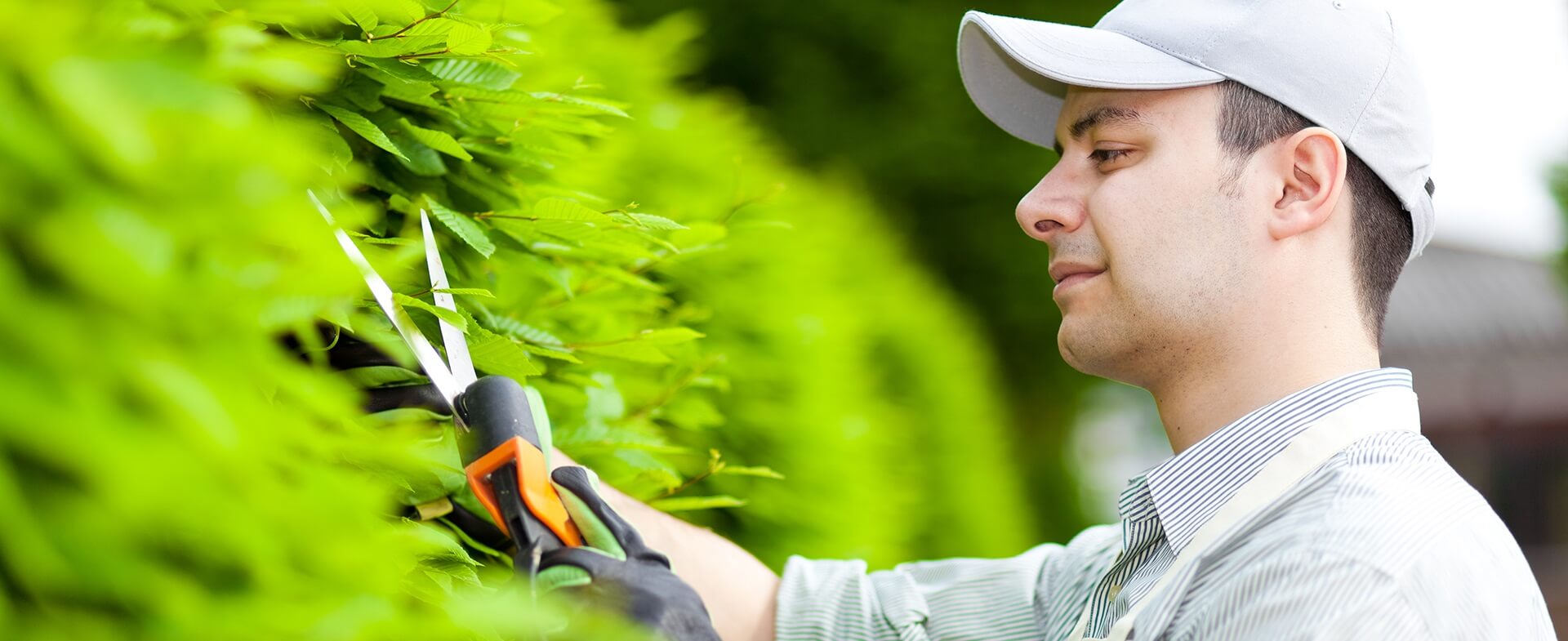Essential Guide: 9 Tips to Start Your Gardening Journey
Posted on 11/09/2025
Essential Guide: 9 Tips to Start Your Gardening Journey
Are you eager to grow a flourishing garden but not sure where to start? Beginning your gardening adventure can seem daunting, but with the right approach, anyone can nurture a thriving outdoor or indoor oasis. Whether you're dreaming of lush blooms, fresh vegetables, or simply a greener home, this essential guide covers everything you need to know about starting your gardening journey. Grab your gloves and read on for nine actionable tips that will set you up for gardening success, no matter your experience level!

1. Know Your Space
The first step in any gardening journey is to understand the environment where you'll be planting. Take some time to walk around your outdoor or indoor gardening area. Notice the following:
- Size: What is the total available gardening area?
- Light exposure: Observe how sunlight moves throughout the day.
- Drainage: Do certain areas retain water or stay dry?
- Climate: Know your local climate and hardiness zone.
Understanding these aspects is essential to select plants that will thrive in your unique setting and help you design a beautiful, functional space from the start.
2. Plan Your Garden Layout
Planning is one of the most crucial gardening beginner tips. Before digging or planting, sketch your garden layout on paper or use a digital tool. Here's what to consider:
- Paths and spacing: Leave enough room to move between plants for maintenance.
- Grouping: Group plants by similar sunlight and watering needs for easier care.
- Container gardening: Short on space? Plan to use pots or raised beds.
Taking time to plan your garden layout will set the stage for a more successful gardening experience and help reduce later frustration.
3. Choose the Right Plants for Novice Gardeners
Starting with hardy plants can boost your confidence as a beginner gardener. Look for easy-to-grow flowers, vegetables, or herbs that match your environment's conditions. Here are some common beginner favorites:
- Herbs like basil, mint, and parsley
- Leafy greens such as lettuce, spinach, and kale
- Resilient flowers like marigolds, zinnias, and sunflowers
- Succulents and cacti for indoor gardening
Research what grows well in your region and don't hesitate to ask for advice at a local nursery. Setting yourself up with the right plant selection makes your starting phase enjoyable and low-pressure.
4. Invest in Essential Gardening Tools
Quality equipment can make all the difference in your gardening adventure. For a smooth start:
- A sturdy trowel for digging and planting
- Pruning shears for trimming and deadheading
- Gardening gloves for hand protection
- Watering can or garden hose with adjustable nozzle
- Spade or shovel for turning soil
- Rake to level soil and remove debris
Taking care of your tools will ensure they last and help your gardening tasks go smoothly. Invest in basics at first, then expand as you gain experience.
5. Understand Your Soil and Enrich It
Healthy soil is the foundation of a productive garden. Here's how to get started:
- Test your soil: Kits are available at garden centers, or you can send a sample to a local extension office.
- Compost: Add organic compost to improve fertility, texture, and moisture retention.
- Mulch: Apply a layer of mulch to prevent weeds and retain moisture.
Taking steps to improve your soil will result in healthier, more resilient plants, making your gardening journey smoother and more rewarding.
6. Watering Wisely
One of the most common mistakes for gardening beginners is either overwatering or underwatering. Here's how to get it right:
- Water early in the morning or late in the afternoon to minimize evaporation.
- Use a soaker hose or drip irrigation to deliver water directly to the roots.
- Check if the top few inches of soil are dry before watering again.
Remember, it's better to water deeply and less frequently; this encourages strong root development and plant resilience.
7. Learn How Much Sunlight Your Plants Need
The amount of sunlight your garden receives directly affects plant growth. Some plants thrive in full sun (6+ hours), while others prefer shade. When you start your garden journey:
- Observe your space: Track how sunlight passes through your growing area.
- Read plant tags: Always check sunlight requirements for each plant.
- Adjust as needed: Move containers or use shade cloth if you need to adapt.
Matching plants to their sunlight requirements ensures robust growth and blooms.
8. Start Small and Grow Gradually
For most first-time gardeners, starting small is a smart strategy. Focus on a manageable section or a few containers at first. This approach offers several benefits:
- Minimizes overwhelm and burnout
- Allows you to quickly learn what works
- Makes maintenance and adjustments easier
As you gain confidence and skill, you can expand your gardening endeavors. Remember, every gardener starts at the beginning!
9. Practice Patience and Observe Your Garden
One of the most powerful gardening tips for beginners is to be patient and watch your garden evolve. Nature takes time, and plants grow at their own pace. As you wait, spend time outdoors and:
- Record notes in a garden journal
- Observe plant growth patterns and health
- Notice beneficial insects, birds, and pollinators visiting your space
Learning to enjoy the process, celebrate small victories, and observe changes over time will turn your gardening hobby into a lifelong passion.
Conclusion: Embark on a Rewarding Gardening Adventure
With these nine fundamental tips, you're ready to embark on your very own successful gardening journey. Remember, gardening is not only about the harvest or the flowers--it's about the joy of nurturing life, connecting with nature, and learning through each season. Start small, stay curious, and don't hesitate to reach out to your local gardening community or resources for additional support. Your green oasis is just a few steps away!
Frequently Asked Questions: Starting Your Gardening Journey
What are the best gardening tips for absolute beginners?
Focus on choosing easy-care plants, preparing your soil, watering properly, and starting with a small area. These basic gardening tips will help you learn and succeed with minimal frustration.
How do I pick the right plants when starting my own garden?
Choose plants suited for your climate, available sunlight, and your interest (flowers, food, herbs). Always read plant labels and consult local gardening centers for region-specific advice.
How often should I water my new garden?
This depends on your plant selection and local climate. Most beginner gardeners should water deeply when the top 1-2 inches of soil are dry, adjusting frequency during hot or rainy periods.
Do I need a lot of space to start gardening?
No, you can begin your gardening journey with containers on a balcony, raised beds, or even windowsills for herbs. Start with the space you have and expand as you gain confidence.
How can I make my garden sustainable and eco-friendly?
Compost kitchen scraps, use organic mulches, select native plants, and minimize synthetic chemicals. These habits foster healthier soil and support pollinators, benefiting your garden and the environment.

Ready to Begin Your Gardening Adventure?
Take these essential gardening steps, gather your supplies, and plant your first seeds or seedlings today. With patience and care, your gardening journey will soon reward you with beauty, flavor, and a deep sense of accomplishment.
For more in-depth advice, check out our Beginner Gardening Mistakes to Avoid and our guide to Best Indoor Garden Plants.
Happy gardening!
Latest Posts
Winter Warriors: Garden Plant Defense
Achieving Artistic Gardens through Hedge Trimming Techniques
Nature's Allies: How Gardening Fights Climate Change

